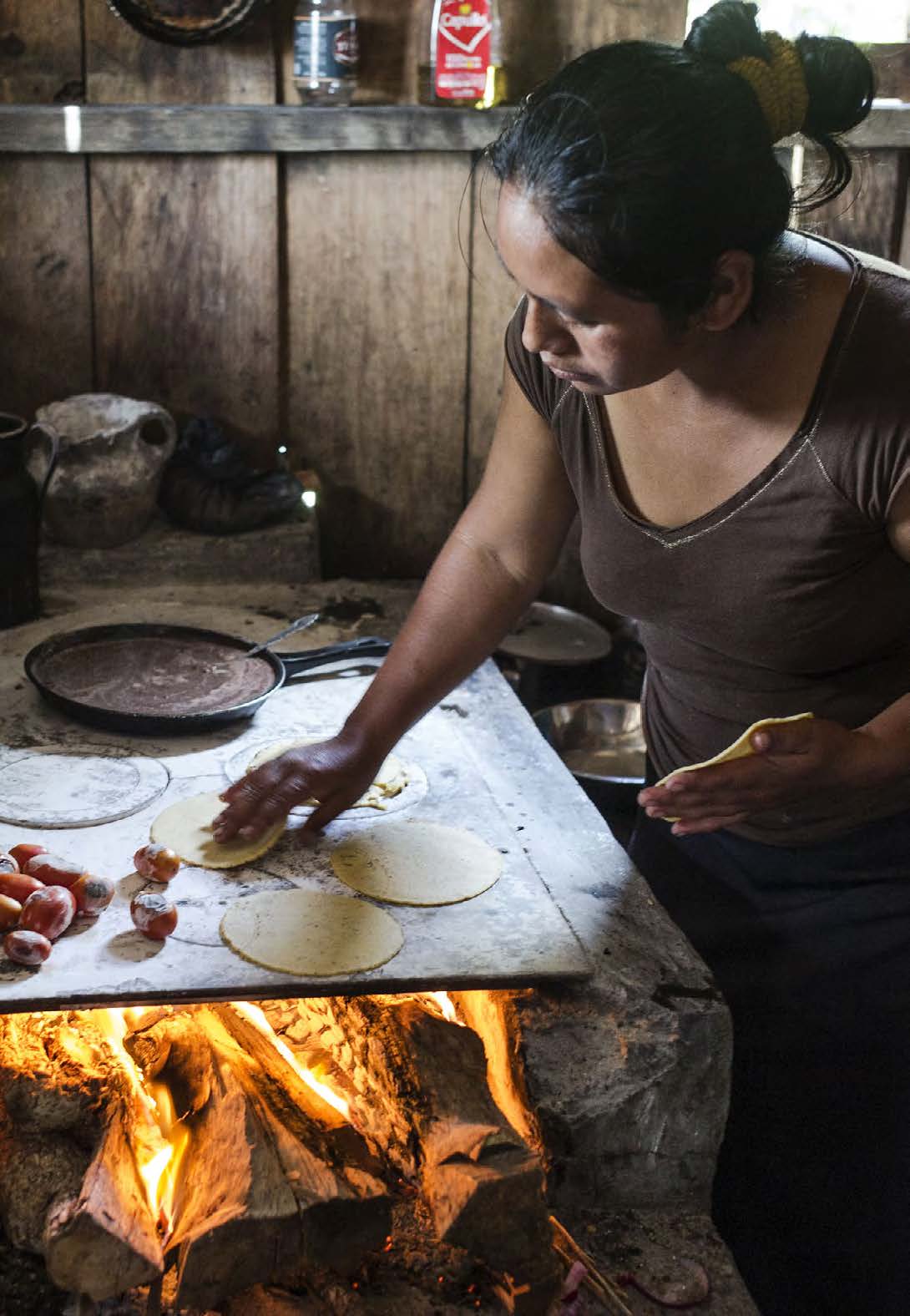Committee for Food Security Takes on Inequality
The drastic decline in world food security and nutrition in recent years drives home the urgency of confronting the root cause – inequality. Maryknoll Fr. Ken Thesing reports from the UN in Rome.
The drastic decline in world food security and nutrition in recent years drives home the urgency of confronting the root cause – inequality. Maryknoll Fr. Ken Thesing reports from the UN in Rome. The following article was published in the November-December 2023 issue of NewsNotes.
The latest State of Food Security and Nutrition (SOFI) report found that in 2022 an estimated 691 to 783 million people worldwide faced hunger, and nearly 3 in 10 people suffered moderate or severe food insecurity. This represents an increase of 122 million people compared to 2019, before the COVID-19 pandemic.
While the increase in global food insecurity has been fueled by severe shocks—including COVID-19, climate disasters, economic crises and war—the root cause of ongoing lack of access to affordable and nutritious food is inequality. The SOFI report found that more than 3.1 billion people in the world – or 42 percent – were unable to afford a healthy diet in 2021.
If we are to meet the UN targets to end hunger, food insecurity and malnutrition by 2030, governments must radically commit to tackling inequality. This is the message delivered by the UN Committee on World Food Security (CFS) before the 51st Session in Rome in October.
The CFS began at the UN’s Food and Agriculture Organization (FAO) in 1974 and underwent major reform in 2009. It became an inclusive, participatory body to discuss food and nutrition issues and concerns related to agriculture. A Civil Society Mechanism (CSM) was established through which civil society organizations and movements could participate in formulating and developing food policies and programs.
In growing recognition of the importance and participation of indigenous people around the world the name Civil Society Mechanism (CSM) was changed to Civil Society and Indigenous Peoples Mechanism (CSIPM). Many Catholic NGOs take part through this mechanism.
To understand the CFS we must recognize their multi-year program of work. New programs and policy documents are developed over a period of years.
For example, work continues on the Voluntary Guidelines on Gender Equality and Women’s and Girls’ Empowerment in the Context of Food Security and Nutrition. At the meeting this year, we began a 20th anniversary remembrance of the Voluntary Guidelines for the Right to Food that was endorsed in 2004.
As new issues in world agriculture emerge or develop, they are taken up by member governments, or the civil society mechanism or private sector mechanism or other intergovernmental or international organizations like the World Food Program to process these issues.
It is a massive amount of material; it is though what FAO is, what CFS does. FAO is a research and knowledge-based organization. The CFS develops policy and program documents related to food security and nutrition brought to it by its members and participants.
I remember when I first went to the FAO Partnership Division to explain our request as a religious organization to be part of the FAO and its work, the question back to me was: What will be your value added to the FAO?
I have come to understand that this question has two parts, or the answer can be understood as implying two parts. The FAO came to understand that its work as a knowledge and technical based organization was not enough to achieve its goal of reducing and eliminating hunger and food insecurity. And so, the reform of the CFS in 2009 was planned and implemented.
The CFS at the FAO became the most inclusive international ongoing forum for universal participation in analyzing food hunger and nutrition security issues and a forum for receiving inclusive and universal input to develop policies to resolve these issues. But the FAO also recognizes that the policies and programs it develops must be implemented at national and local levels. And any policy statement endorsed by the FAO/CFS is voluntary to the national governments. There are no legally binding agreements for governments produced within the FAO/CFS.
But there is the moral force of the voice of individual and collective countries. That is perhaps where Maryknoll missioners enter, as advocates on the ground so to speak. Our ‘value added’ is often what we do at the local level, and at intermediate and national levels to influence government officials and humanitarian assistance programs, to implement programs ‘as if people mattered’ for they do.
The legal Right to Food is a right of every person. Let us use our influence to see that governments listen to their people and agree to implement effective programs domestically that reflect what they have endorsed at the FAO/CFS. One speaker at the 51st Session of the CFS quoted Nelson Mandela as he spoke of the data and knowledge required in food and nutrition systems: ‘Inequality is the defining human rights issue of our time.”
Photo of a woman making tortillas in her home in the village of San Lorenzo. by Alex Webb/Magnum for FAO available under creative commons.

